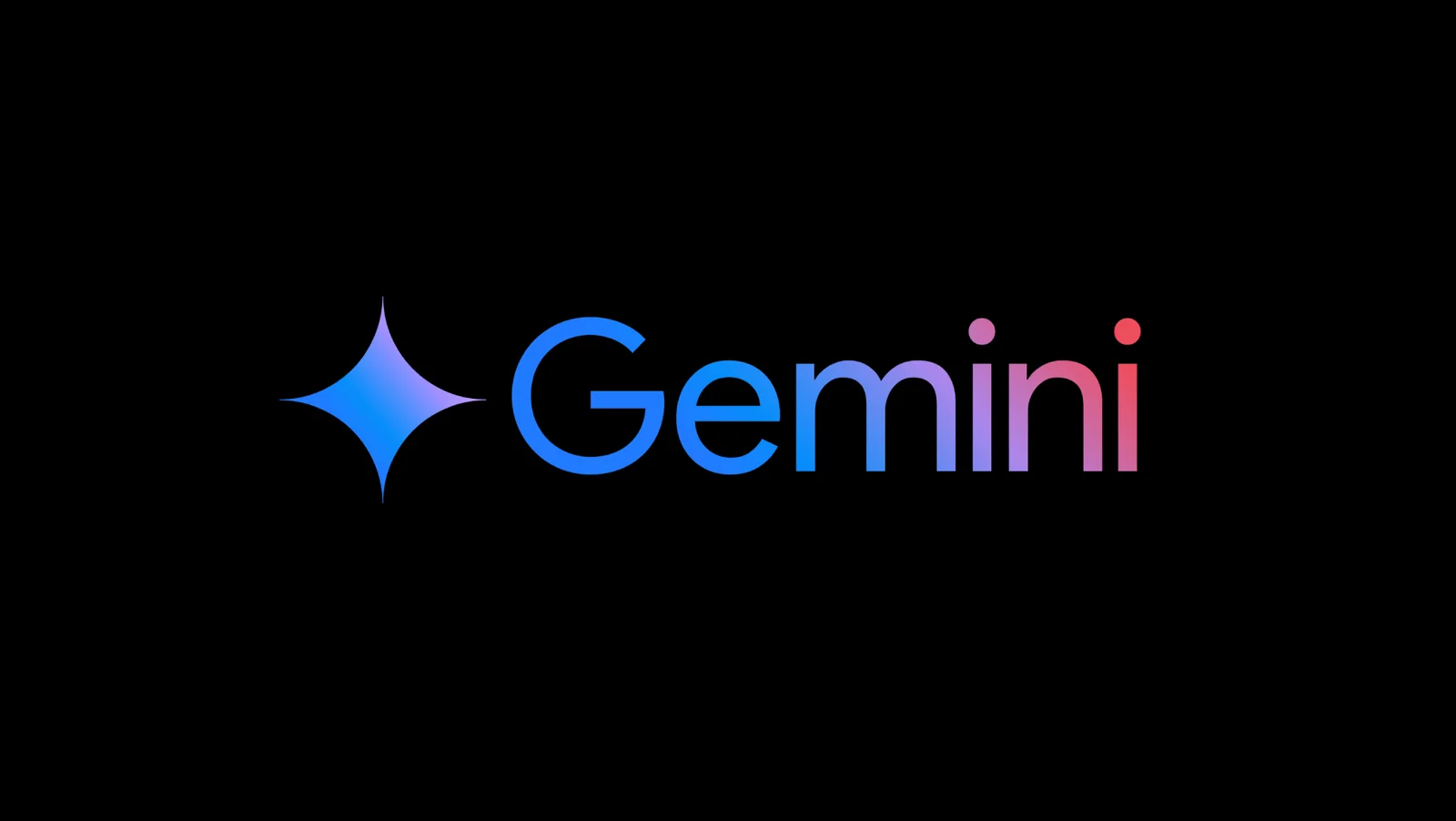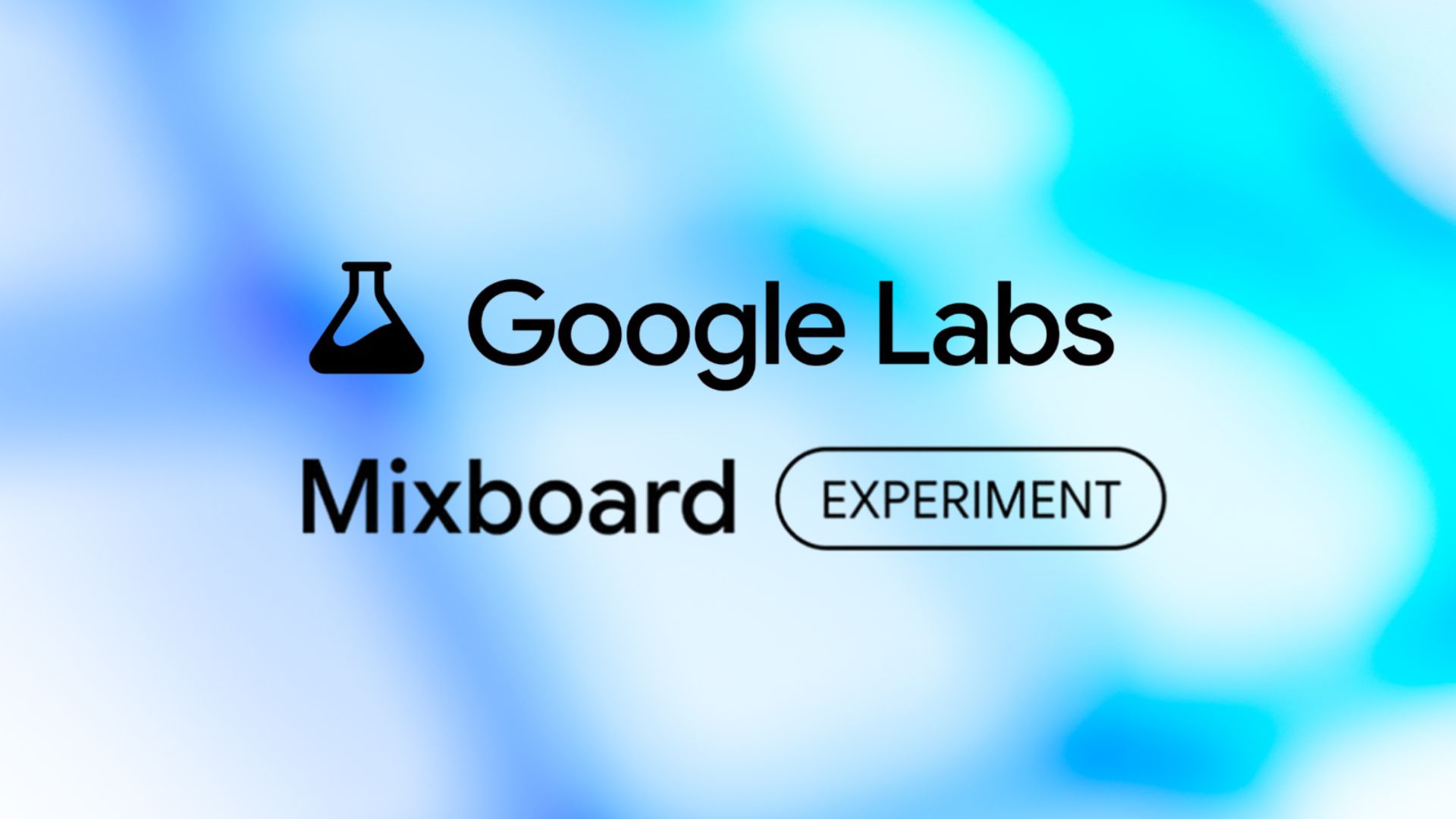Google has expanded its AI Mode in Search, supporting over 35 new languages and 40 more countries and territories. The rollout expands access across Europe and other regions, reaching over 200 countries and territories worldwide.
The update aims to make AI-powered Search more accessible globally, allowing people to interact with Search in their native language. Expanding language support, Google will enable users to ask questions and access information in their preferred language.
AI Mode is powered by Google’s latest Gemini models, which deliver advanced reasoning and multimodal understanding. These capabilities help the system grasp the subtleties of local languages and provide relevant, context-aware answers, making AI Mode genuinely useful across diverse regions.
According to Google, people using AI Mode tend to explore topics in far greater depth, with queries nearly three times longer than traditional searches. The enhanced experience will continue to roll out globally over the coming week.
Would you like to learn more about AI, tech and digital diplomacy? If so, ask our Diplo chatbot!










